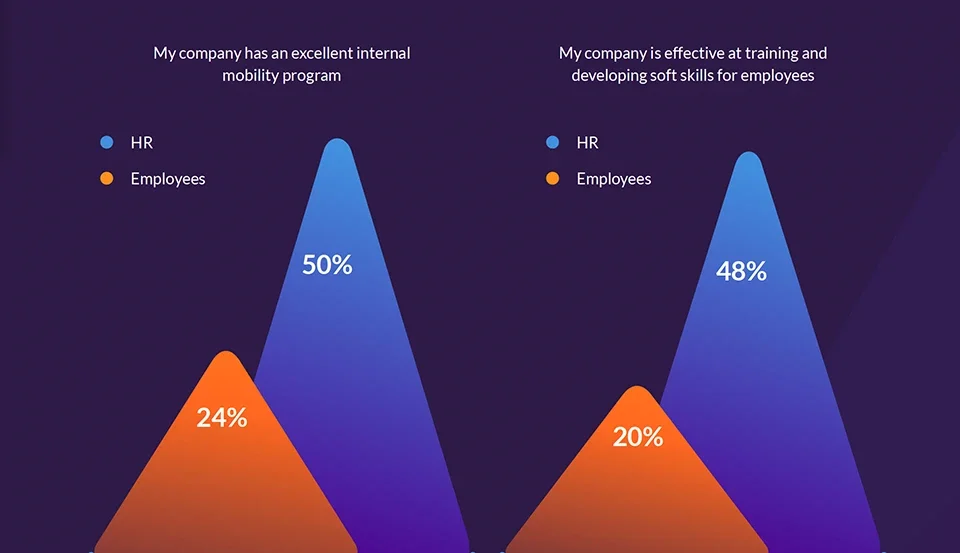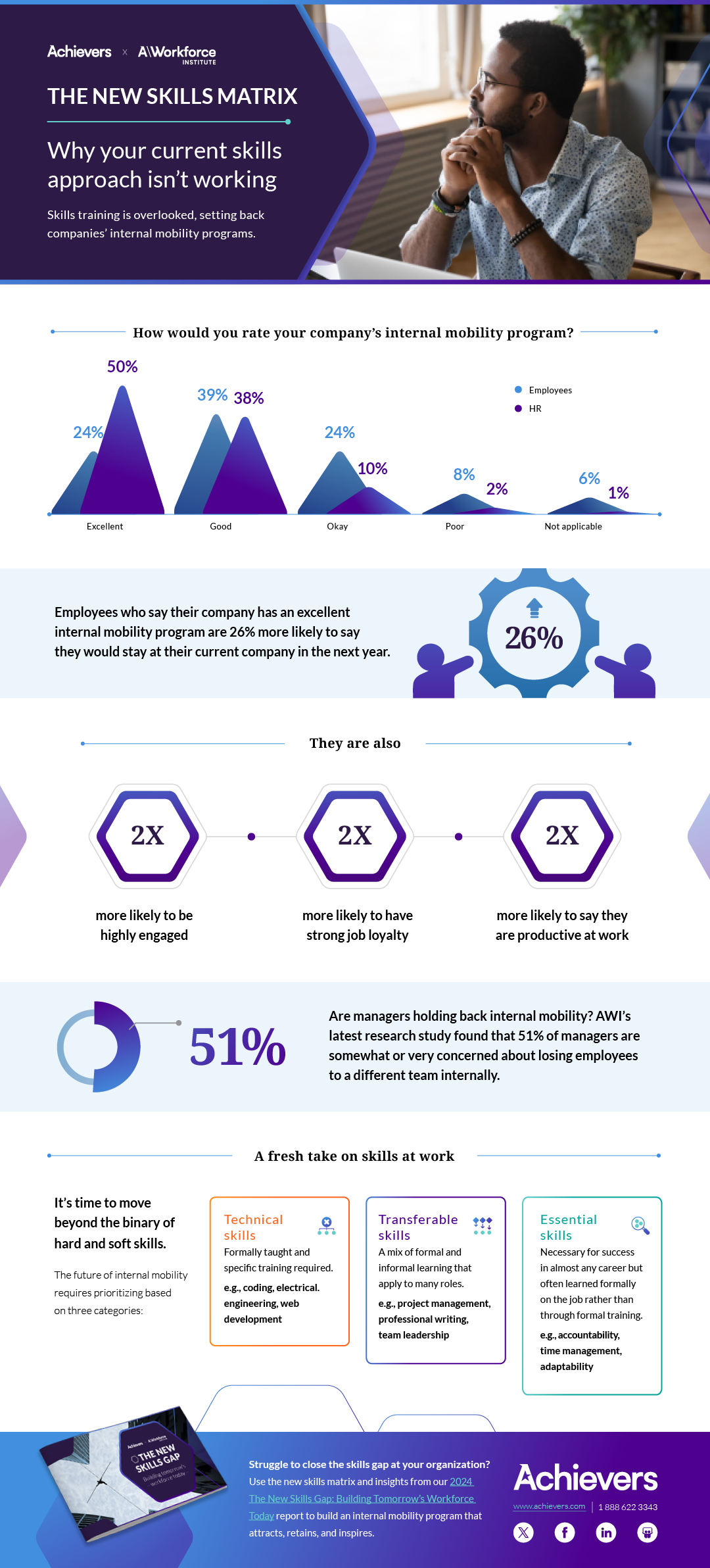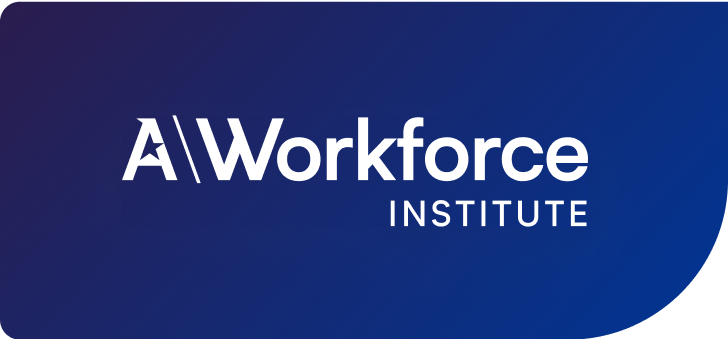The new skills matrix: The future of internal mobility
Updated on September 25, 2024

This resource is brought to you by:
Topics Covered:
Future of work
Soft skills matter — more than you think.
Skills like critical thinking, proactivity, and communication aren’t optional anymore — they’re essential for both employee success and company growth. While HR expects employees to bring these skills to the table from day one, many companies aren’t providing enough training, creating a major internal mobility gap.
Don’t just mind the gap — act on it
HR leaders and employees see internal mobility and soft skills training very differently. Only 20% of employees think their company is doing a good job training these skills.
Meanwhile, HR leaders often overestimate the effectiveness of their programs, making it harder for employees to grow or move within the company.

Our latest research from the Achievers Workforce Institute — based on feedback from 3,800 employees and 1,400 HR leaders — shows that companies are still stuck thinking about soft and hard skills as separate categories.
And the bigger and more diverse the company, the harder it gets to spot the right skills, help people develop them, and make sure they’re used on the job.
Recognition is a skills driver
It’s not just about identifying and training for the right skills — it’s about making sure they show up in the real world. That’s where recognition plays a big role. When you recognize employees for how they apply their skills, HR gets a clearer picture of who’s actually using high-priority skills — and where to focus next.
A smarter way to think about skills at work
To move the needle on internal mobility, we need to say goodbye to the old “hard vs. soft skills” divide. Our New skills matrix infographic offers a more practical way to categorize what really matters — and what to prioritize:
Technical skills: Role-specific expertise gained through formal training, like coding, electrical work, or web development.
Transferable skills: Skills that work across roles, such as project management, writing, or team leadership.
Essential skills: Everyday abilities like accountability, time management, and adaptability — often developed on the job.
Ready to close the gap? Learn how you can build a more effective, future-ready internal mobility program with Achievers’ New skills matrix infographic.
Download the full resource below

Download the full resource

Join our mailing list
Stay up to date with the latest in workforce science from Achievers Workforce Institute.
